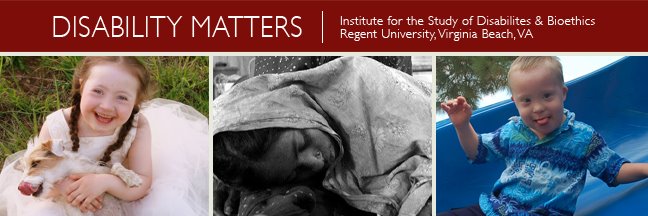Sometimes it would be better if people in the medical profession, in their own best interests, just made a good decision to keep their mouth shut, however well intentioned their comments.
A major piece on Down Syndrome in yesterday’s Chicago Tribune reported on the push by advocates for people with DS to get out the word that a DS diagnosis isn’t some kind of ghastly living death sentence.
Why should this be necessary?
Because the overwhelming majority of DS diagnoses result in termination of the pregnancy. While hard figures vary a bit, terminations are somewhere around 85-90% of those diagnosed.
Because there is evidence that in most cases, medical counseling post-diagnosis is overwhelmingly negative. While hard evidence is fairly sparse, parents of children with DS report strong medical bias against birthing the DS child.
It’s a fair bet that most expectant parents aren’t up on what DS is or what it means when they receive the DS news. What they most need is a realistic and balanced picture.
The usually don’t get that. They’re much more likely to get the awful without the good. No wonder most elect termination.
Want some proof of how many in the medical community perceive DS?
Here’s Dr. Foot-in-my-mouth as quoted in the Tribune story:
. . . some doctors, including Dr. Jacques Abramowicz, co-director of fetal and neonatal medicine at Rush University Medical Center, caution against providing a picture of the disorder that is "too rosy."
"Whenever something like this is in the media, there is the tendency to make it appear much more beautiful than it is in reality," Abramowicz said. . .
"It is extremely difficult to have a baby with Down syndrome," he said.
Where to start?
First, it’s refreshing to see that MDs can be ignorant, too.
Second: Nobody’s asking for a “rosy” prognosis. How about we begin with balanced, shall we?
Three: OK, Dr. Abramowicz thinks the reality of DS is not as “beautiful” as supposedly portrayed in the media. Well, if anything, it’s this kind of patronizing pabulum that deceives people into believing that those with DS are the walking dead.
Four: Difficult having a baby with DS?
Oh, yes, I see.
Have a kid with DS = a very difficult life.
Have a kid without DS = a wonderful, carefree life.
Yeah, right.
